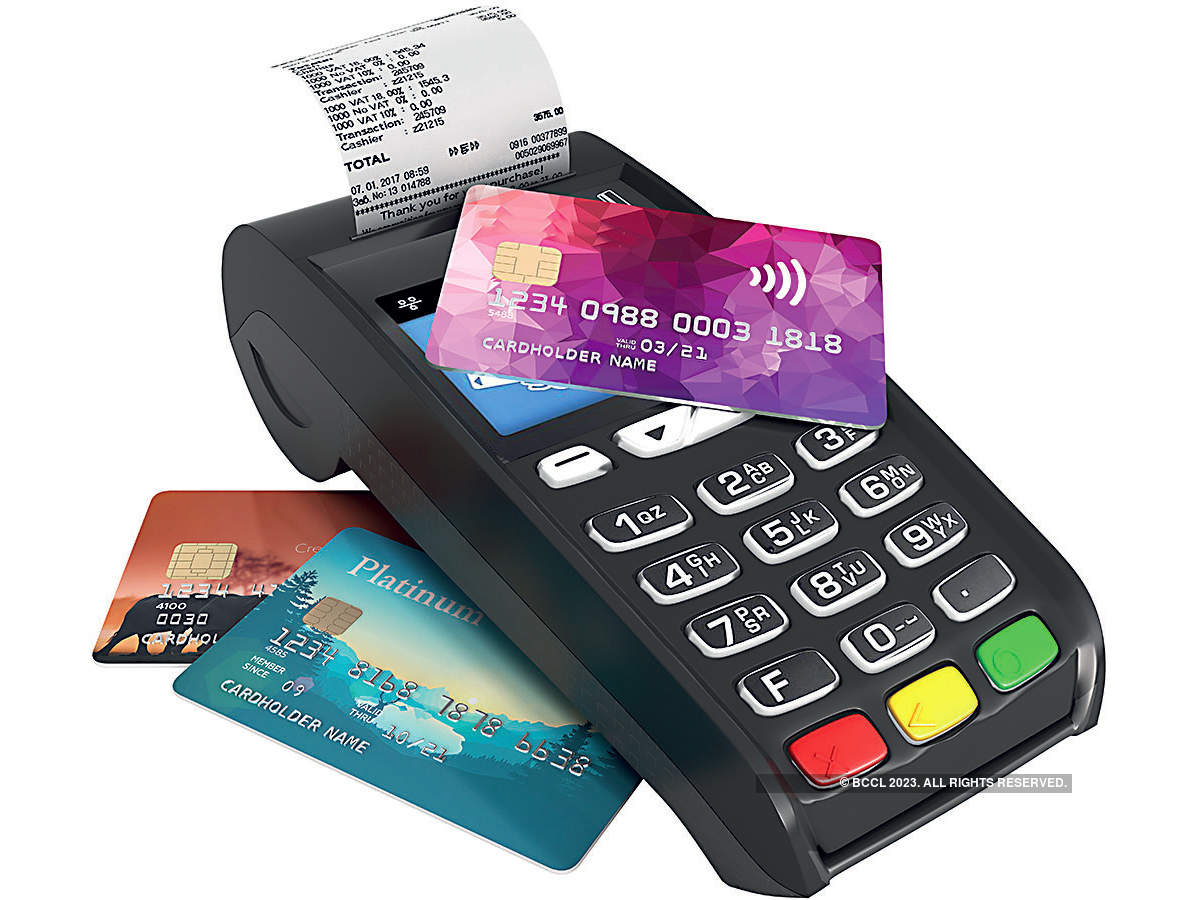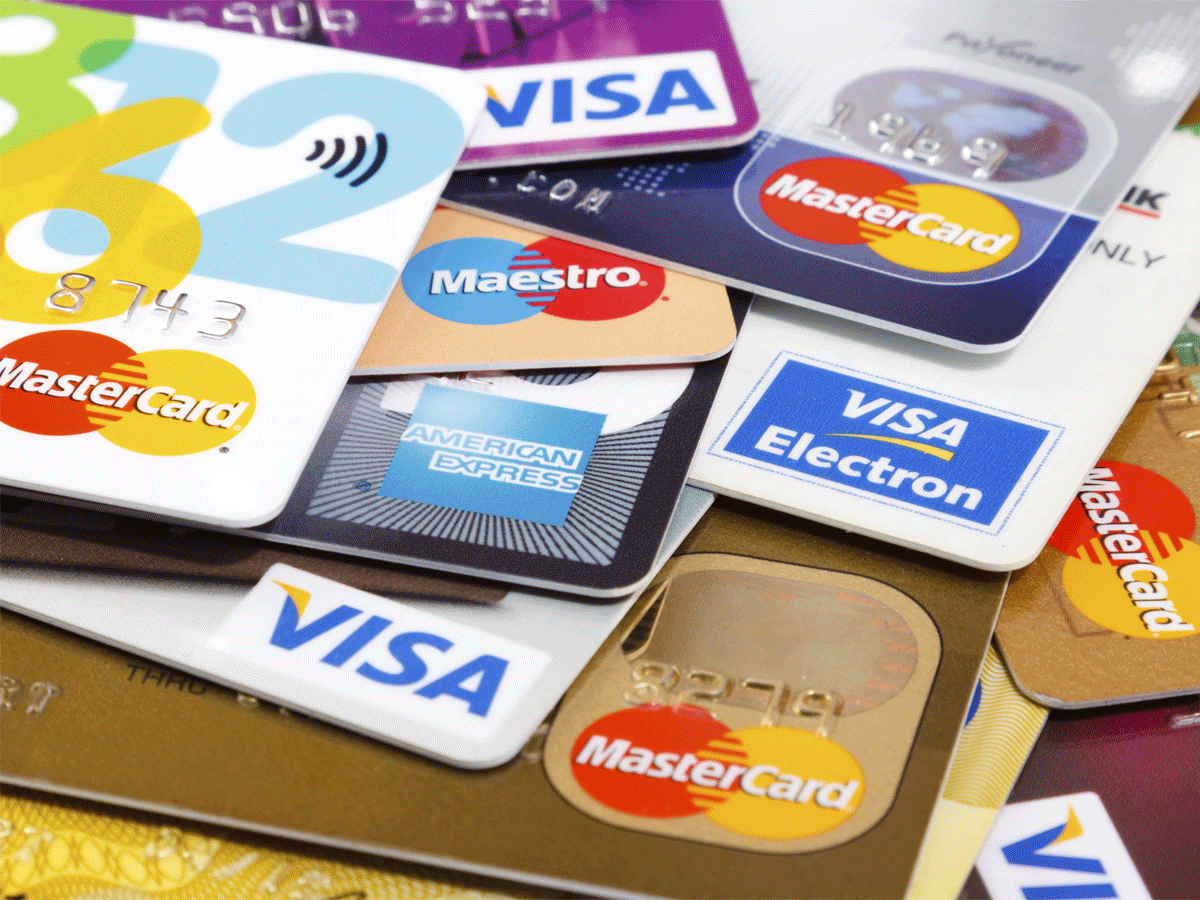
Top Payment Picks
Top Payment Picks: Cash, UPI, Debit, or Credit Card? Choose Wisely!
With the Unified Payments Interface (UPI) gaining popularity worldwide, online payments have become more widespread. In fact, UPI transactions recently reached a record high of 9.41 billion transactions.
According to Amit Kumar, the CTO of Easebuzz, UPI payments have surpassed other methods for transactions at local vendors, food courts, and online stores. However, users still have the freedom to choose other payment methods like credit or debit cards based on their preferences. Credit cardholders may prefer using credit cards to earn reward points or maintain a good credit score. On the other hand, consumers who want to control their expenses and stick to a set budget often opt for debit cards. Cash payments, on the other hand, are becoming less popular.
Choosing the best payment method has become more complex as each method comes with its own advantages and disadvantages. It's essential to weigh the options carefully before making a decision.
1. CASH

Cash is the oldest and most traditional form of payment. It is widely accepted and allows for instant transactions, making it suitable for small purchases at street vendors or in places with limited digital connections. Using cash also helps people manage their spending better, preventing overspending and debt accumulation. However, the downside is the risk of theft or loss and the challenge of having exact change. For large purchases, cash may not be the most practical option, as stated by Rajalakshmi Raghu, Head of Strategic Relationships at Manipal Technologies Limited.
2. UPI

With the rise of mobile usage and digital payments in India, UPI has become the most popular payment method. UPI allows users to transfer money directly from their bank accounts using a mobile app, making it convenient for peer-to-peer and merchant transactions. It is ideal for online shopping, bill payments, and sending money to friends.
The benefits of UPI include real-time transactions, low or no transaction fees, and accessibility across different banks. Satyajeet Kunjeer, the founder and CEO of Deciml, highlighted how UPI has simplified life, enabling people to travel without cash or cards—just a phone is enough. It's also accessible for small shop owners who may not have card machines to accept payments. The best part is that UPI transactions are instant and do not involve any fees.
However, one drawback is that both parties in the transaction need UPI-compatible bank accounts and smartphones, which might limit its use in certain situations.
3. DEBIT CARD

Debit cards are widely accepted both online and at physical stores. They offer the convenience of cashless transactions and are considered safer than cash since transactions require a PIN for authorization. Debit cards are popular because they come with additional benefits like cash-back offers, bonus points, and free insurance coverage.
Using debit cards is advantageous as they help track expenses better without the risk of accumulating debt. However, there are some drawbacks to consider. In case of potentially fraudulent activities, funds can be directly deducted from your bank account. Additionally, international debit card transactions may come with higher fees, and some online platforms may not accept them. Also, using debit cards does not contribute to building your credit score.
4. CREDIT CARD

Credit cards can be empowering, providing significant purchasing power, especially for important expenses. They come with various benefits like cash back rewards, loyalty programs, and the option to repay through monthly installments (EMI).
Credit cards offer better fraud protection compared to other payment methods. Using credit cards responsibly can also help build your credit score, which is beneficial for future financial activities. However, overspending and not repaying on time can negatively impact your credit score. Credit cards are a good choice for cautious users, but excessive use can lead to expensive debt problems.
BT'S TAKE
In conclusion, there is no one-size-fits-all answer when it comes to choosing a payment method. It depends on various factors like personal preferences, the type of transaction, and the desired level of convenience and security.
Cash is a reliable option for small transactions and situations where digital payments are not possible. UPI is a convenient choice for mobile users, especially in countries with a strong digital payment system. Debit cards offer simplicity and better financial management. On the other hand, credit cards provide greater purchasing power but require responsible use.
It's essential to remember that with a debit card or UPI, you pay first and then enjoy the benefits, whereas with credit cards, you enjoy first and then pay later. Each method has its own advantages, and the best choice depends on individual needs and preferences.





